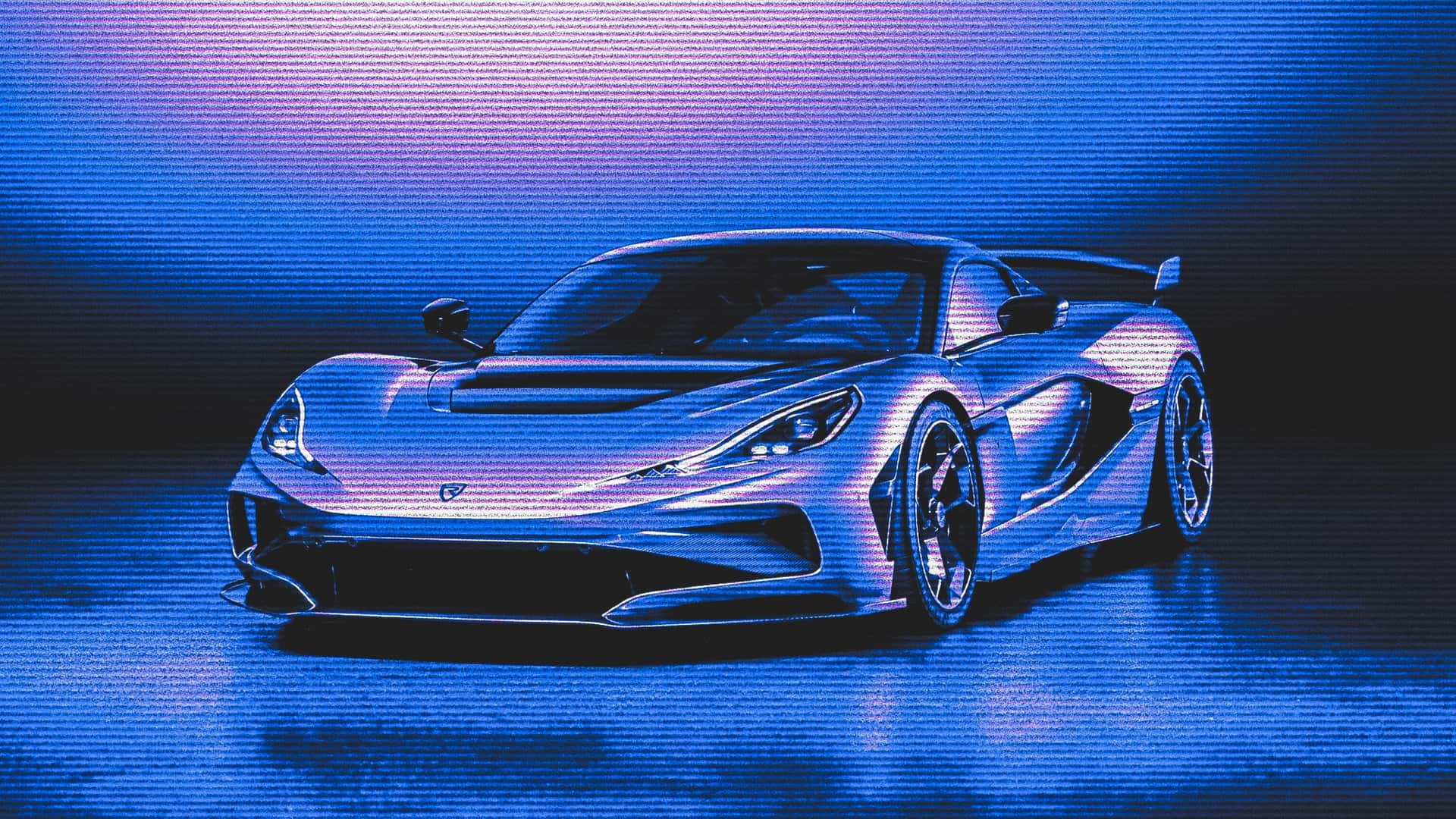The Challenge of Electric Supercars in a Changing Market
When it comes to high-performance vehicles, the landscape is shifting rapidly. With electric powertrains becoming more accessible and affordable, the traditional allure of supercars is being challenged. The rise of electric vehicles (EVs) has introduced a new dynamic where once-unattainable levels of power are now available at a fraction of the cost. This shift is forcing automakers to rethink their strategies, especially when it comes to selling electric supercars.
One of the key issues facing electric supercars is the competition they face from more mainstream models. For instance, the Hyundai Ioniq 5 N offers impressive performance with 641 horsepower and a starting price just under $70,000. This model can accelerate from 0 to 60 mph in just 3.4 seconds, which is remarkably fast for a vehicle in its price range. In this context, spending an additional $150,000 on an electric supercar that is only half a second quicker seems less appealing to many consumers.
The traditional model of charging premium prices for performance is being disrupted by EV technology. Unlike combustion engines, where automakers can justify higher costs through cylinder counts and forced induction, electric powertrains offer a more straightforward path to speed. This has led to a situation where the cost of a car is no longer solely determined by how much power you want, but rather by how far you want to travel.
The Future of Performance and Range
While some might be tempted by the promise of longer-range batteries, this advantage is likely to be short-lived. As charging infrastructure expands and battery technology improves, the need for long-range EVs may diminish. Automakers have limited control over these developments, as every building with electricity could potentially become a charging station.
Moreover, many EVs come with performance restrictions, such as limited top speeds or software that protects the battery. However, these limitations are not set in stone and could be adjusted as technology evolves. It’s unlikely that future advancements will make EVs slower, more expensive, or less efficient. In fact, the opposite is expected.
The Role of Personality and Experience
Despite the technological advancements, there is a unique charm to combustion-powered cars that many enthusiasts still value. The sound, smell, and feel of a traditional engine contribute to the personality of a vehicle, which is something that electric cars currently lack. These elements are what drive the passion for cars, even if they are seen as inefficiencies in the broader context of modern engineering.
However, as technology continues to evolve, the line between different types of vehicles may blur. With the digitization of the automobile, it may soon be possible to make any car feel, act, and sound like another. This could further challenge the uniqueness of supercars and redefine what it means to own a high-performance vehicle.
The Impact on the Super Car Industry
As the automotive industry embraces electrification, some supercar manufacturers may struggle to adapt. The demand for traditional supercars is waning, and the market is shifting towards more practical and affordable options. Companies like Rimac, Koenigsegg, and Pagani have expressed concerns about the appeal of battery-powered hypercars, indicating that consumer preferences are changing.
In conclusion, the future of supercars is uncertain. While electric vehicles offer incredible performance and affordability, they also present challenges that traditional automakers must address. As the industry continues to evolve, it remains to be seen whether electric supercars will find their place in the market or if they will be overshadowed by more mainstream models.







